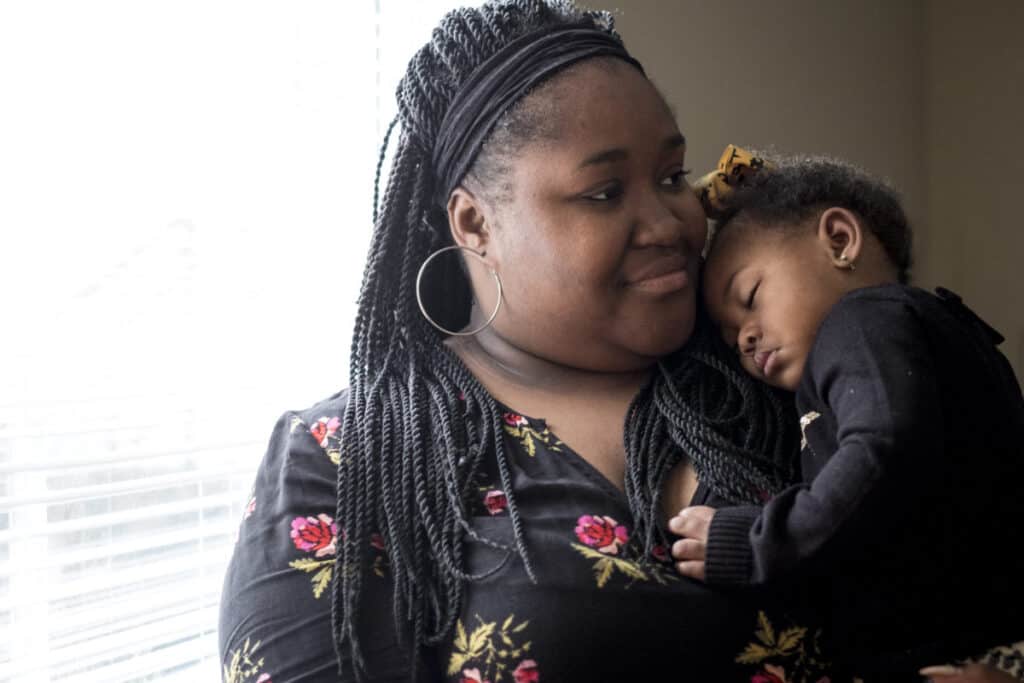What rights do students have under the IDEA special education law?
All students have the right to a free, appropriate public education that meets their unique needs.
For students with qualifying disabilities, a law called IDEA requires schools to provide Special Education services that are designed specifically for the student.
The school district has to follow rules and regulations that protect students and families. These rules make sure that your child is getting what the law says they can get. The rules also make sure that you have a fair process in setting up the Special Education services.
What is IDEA and why is it important?
IDEA is the Individuals with Disabilities Education Act.
This is the federal law that supports Special Education in every state. IDEA requires all public schools to provide services to students with disabilities to meet their unique educational needs.
IDEA guarantees these rights to all children who qualify because of a disability:
- The right to a “Free and Appropriate Public Education” (FAPE)
- A comprehensive evaluation paid for by the school
- Services to support their learning needs from age 3-21
- An education in the “Least Restrictive Environment” (LRE). This means the school must provide the support to enable a student to learn in a regular classroom with typical peers, as much as possible.
The school district is also required by law to do these things for parents and guardians:
- Give you information in your preferred language and provide a professional interpreter for meetings
- Send you written notice of upcoming IEP meetings (IEP = Individualized Education Program)
- Send you progress reports as often as the school sends reports to parents of students without disabilities
- Stick to a specific timeline when you go through the process
- Plan all meetings at a time and place that works for you
- Share your child’s school records and evaluation results if you ask for them
The requirements of IDEA apply to public schools in every U.S. state. Some states may pass additional laws that are stricter. For example, IDEA requires formal planning for the transition out of school to adult life at age 16, but Massachusetts requires this to start at age 14.
What rights do parents and children have under IDEA?
IDEA guarantees FAPE: a Free and Appropriate Public Education. This just means a free (public) education that meets each child’s unique needs. Students with disabilities may need specialized teaching and other services (Special Education) to make sure their education is appropriate for them.
If the school fails to provide this, it’s called a “violation of FAPE”, and you have a legal right to claim this violation.
What does “Appropriate” mean?
An “appropriate education” means that students should get the support they need to make effective academic progress, and meet the goals that they, their families, and the IEP team have set for them. It may be very different for different students.
If you think your child is not getting an education that meets their unique needs, then you could argue that it is not appropriate.
What about the “Free” part?
The IDEA law applies to any school that receives federal money and is free for families. This means all public schools (including most, if not all, charter schools). If you choose to send your child to a faith-based or private school that gets no federal funding, the school is not required to provide Special Education services. In this case, the school may still work with you to provide services, but it’s not required; you lose your right to IDEA protections. You do, however, still have the right to a Special Education evaluation, paid for by your local school district.
What is an LRE: Least Restrictive Environment?
The IDEA law requires that students with disabilities must be taught with their non-disabled peers as much as possible.
The least restrictive environment overall is a typical classroom for the whole day. For most children on an IEP, the LRE is the closest they can get to that and still make progress.
If extra support and services will allow your child to make progress in the regular classroom, then that’s what the school must offer. Only if that’s not possible will your child go to a more restrictive setting like a special needs classroom.
The most restrictive environment is a school for children with specific disabilities.
What’s the timeline for the Special Education process?
The school district is required by the IDEA to stick to a timeline for the Special Education process. You have a right to make sure they follow it.
- Once the school gets your request or referral for an evaluation, they have 5 school days to contact you. At this time they must give you a consent form for the evaluation and a copy of the Procedural Safeguards, which describe the process and your rights.
- Once you give them the signed consent form, they have 30 school days to complete the evaluation and 45 school days to give you the results.
- The school is supposed to start providing services right away after the IEP is signed.
Learn more about Special Education rights:
We described here the main Special Education rights that IDEA ensures, but there are more. Also, some states may have additional regulations. (Check your own state’s Department of Education website to learn more). These resources can give more detail and support:
When you start this process, your school should give you a manual that describes the rules, requirements, timelines, and how to resolve disputes. It is usually called Procedural Safeguards but may have a different name in your state. You should be able to find your state’s version on the state Department of Education website.
- Parent’s Special Education Guide:
Most states have their own version. It should describe in detail your rights, the rules and regulations from both IDEA and the state, the evaluation process, the IEP process, and more. Check your state’s Department of Education website to search for this.
- Your State’s Parent Training and Information Center (PTIC):
PTIC’s are federally funded and exist in every state. Their purpose is to support families of kids with disabilities and help you advocate for your child’s needs. They offer training, support groups, resources, and individual help.
- Your state’s Department of Education website. Search for Special Education.
Learn more:
- Know your Special Education rights (webinar)
- How to advocate for your child with a disability…and get results (blog)
- Learn more about solving disagreements with the school
- Special Education Rights Video Series, by Mass Advocates for Children. (They are created for Massachusetts families, but are applicable to other states, since they describe national IDEA rights.)



